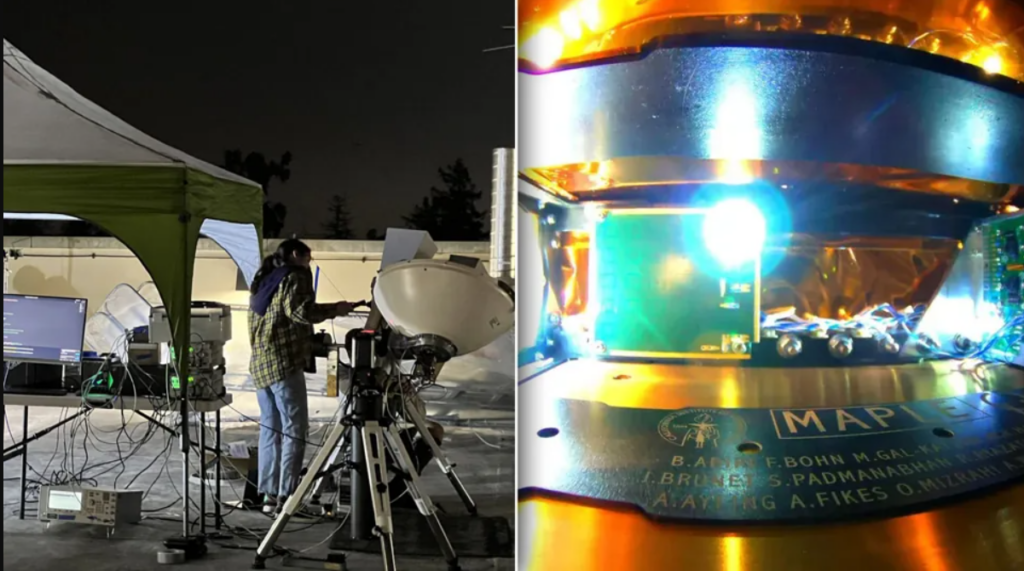A space solar power prototype was able to effectively demonstrate its capacity to transport solar electricity wirelessly via space for the very first time, which is a significant breakthrough in the field. In addition to this, it was successful in directing a large quantity of energy toward Earth, which represents a tremendous feat.
Because it is unaffected by things that occur on Earth, such as day and night cycles, cloud cover, and weather conditions, the abundant solar energy in space continues to exist without interruption.
The experiment shows that spacecraft can have unlimited solar power.
Solar panels can be installed almost anywhere on the surface of the Earth, but it is estimated that space-based collectors have the potential to create up to eight times more energy than any solar panels now in use.

Scientists at the California Institute of Technology (Caltech) have made tremendous progress in the study and development of space-based solar power, which is an ongoing project.
The university has recently made the announcement that its prototype Space Solar electricity Demonstrator (SSPD-1) had successfully transmitted solar electricity from space back to Earth.
This achievement marks a historic first and has the potential to generate a significant amount of interest in what many people consider to be the next frontier in the production of renewable energy.
Ali Hajimiri, who is both a professor of electrical engineering and a co-director of the SSPP, oversaw the work of a team that designed and developed the microwave system. In his remarks, Hajimiri remarked,
The idea of constructing solar farms in space is not a unique one. Even while scientists have been speculating about the possibility of space-age solar energy since the turn of the last century, these statements were still primarily hypothetical until quite recently.
